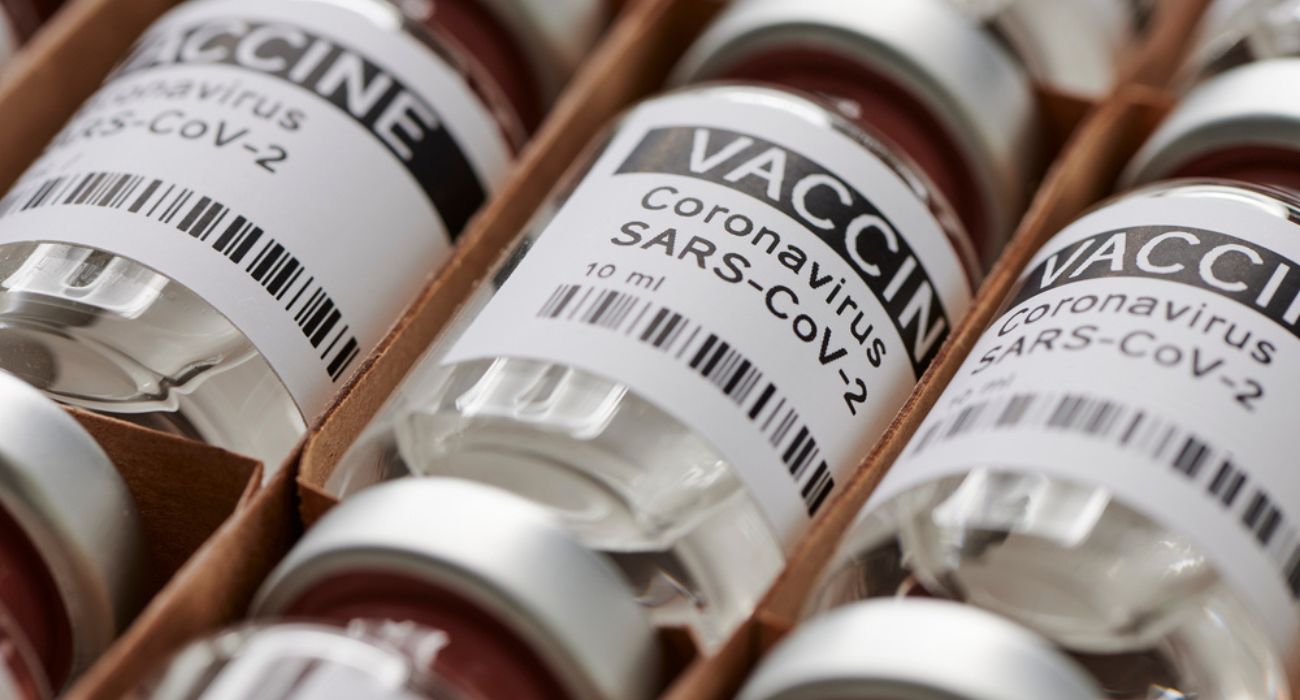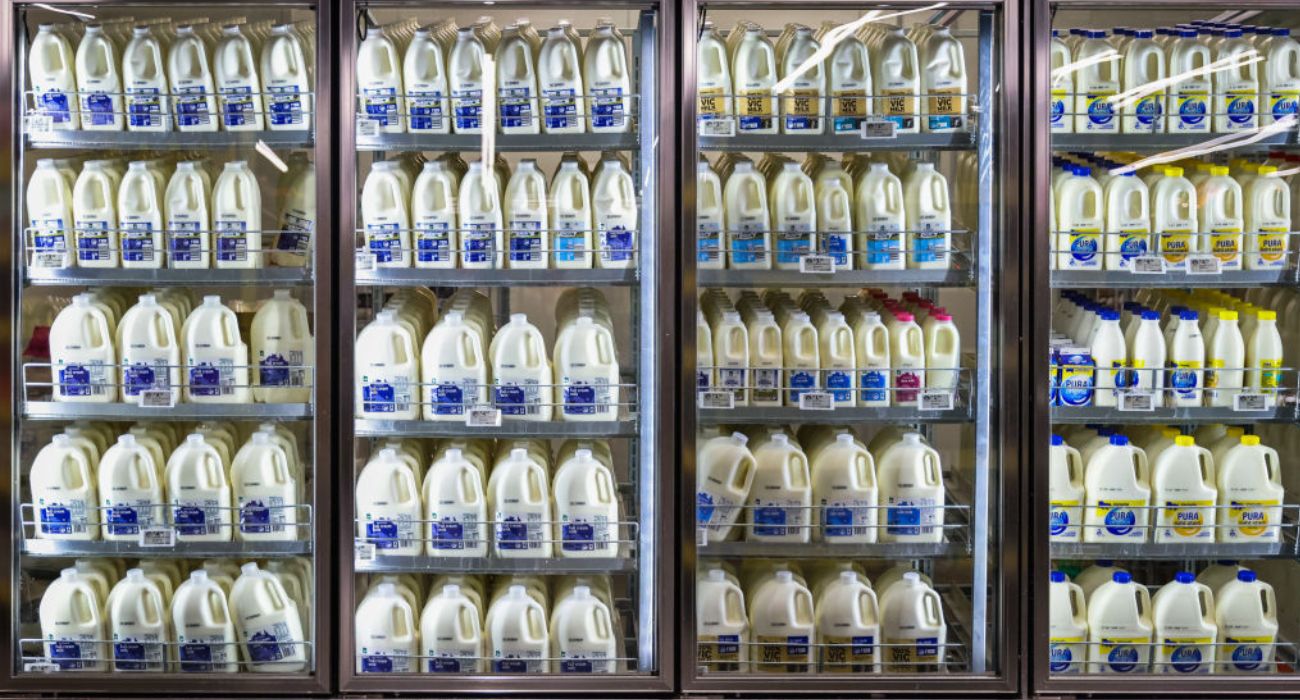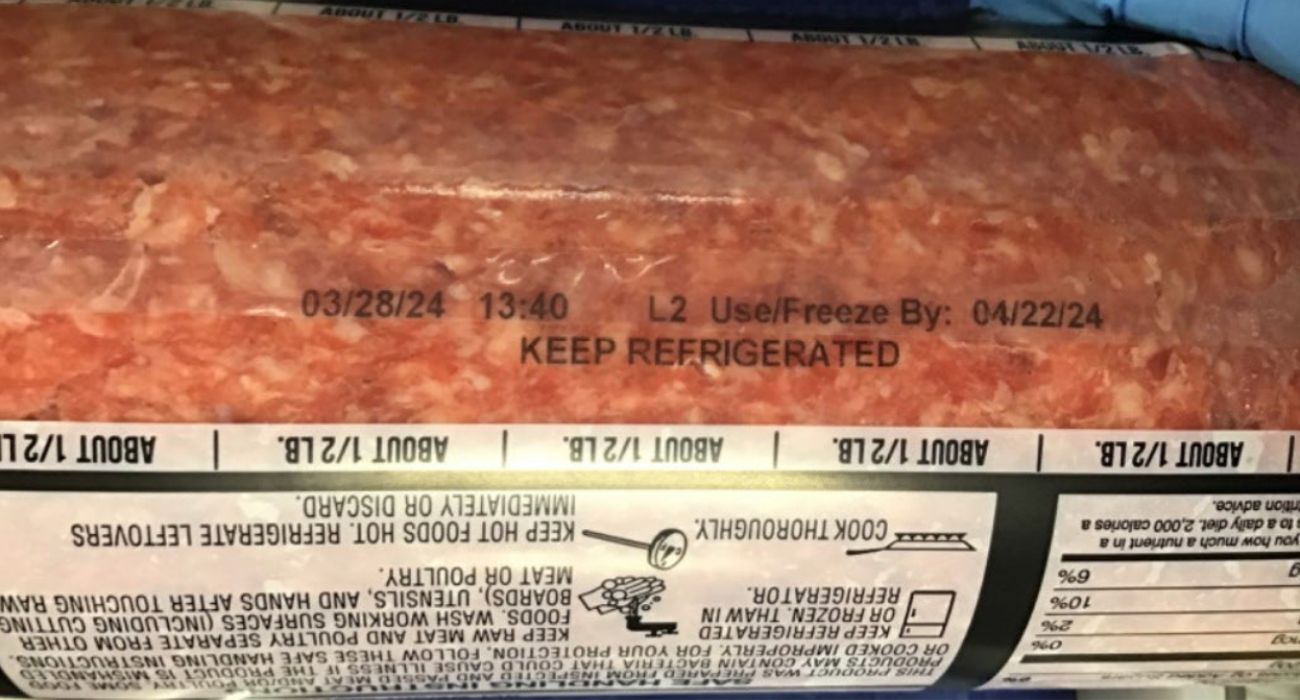The U.S. Food and Drug Administration (FDA) is considering changes to the nation’s strategy on COVID vaccinations.
The shift was revealed in a briefing document preceding the upcoming Vaccine and Related Biological Products Advisory Committee (VRBPAC) meeting on Thursday.
The current schedule for vaccination requires that an individual have two shots of the original vaccine spaced three to four weeks apart, after which a booster is given two weeks later.
The FDA is seeking a more uniform way to administer vaccinations as well as retain public faith in the process.
The VRBPAC was asked to consider the use of identical vaccine strain compositions for primary and booster doses, simplifying immunization schedules, and routine periodic strain selection procedures.
“Similar to the approach with influenza, the global nature of SARS-CoV-2 strain evolution warrants a global response when evaluating and recommending vaccine strain composition changes,” wrote the FDA in the briefing document.
According to this newly proposed system, the COVID vaccine would switch to an annual format similar to that of the flu shot. Participants would then only take one updated version created for a given year.
The process for making this annual vaccine would begin in the spring to be in line with whichever strain of the virus is prominent and predicted to be the dominant strain in the winter. The briefing paper leaves open the option of further ad-hoc strain selection “on an as needed and emergent basis” to account for the emergence of a more pathogenic strain of the virus.
The FDA said that although the efficacy of booster shots is supported, the shots have also been associated with implementation complications.
“Given these complexities, and the available data, a move to a single vaccine composition for primary and booster vaccinations should be considered,” said the organization in the document. “This simplification of vaccine composition should reduce complexity, decrease vaccine administration errors due to the complexity of the number of different vial presentations, and potentially increase vaccine compliance by allowing clearer communication.”
Despite the promise of a more optimized approach to vaccination, some health officials believe that updating the vaccine on an annual basis would be ineffective.
“We shouldn’t really be chasing these variants, which are evanescent and are often gone by the time you’ve created the vaccine,” said Dr. Paul Offit of the University of Pennsylvania, according to NPR.
On the other side of the argument is Deepta Bhattacharya, Ph.D., an immunologist at the University of Arizona.
“As far as the tools that we have right now, I think it just makes the most sense to plan to update each year as close as we can to the currently circulating variant,” said Bhattacharya. “So, I think all the things the FDA is considering make a lot of sense.”







If people want boosters annually similar to the flu, power to them. The issue is that this is still produced under emergency order, the makers free from liability, and the known side effects must be weighed for each patient by their own doctor and not dictated by a mandate from the various government bodies or corporations.
“The FDA is …………….., as well as retain public faith in the process.”
Sorry, but that ship has sailed.
Information is given about any side effects for any medication, but the FDA it seems is avoiding this important issue piece of information. The side effects should be made public then let the people not government make their own health decision.
Just trying to assure the highest number of deaths from SADS. Our government is just WRONG about all this. ONLY those with co-morbidities should be vaxed.